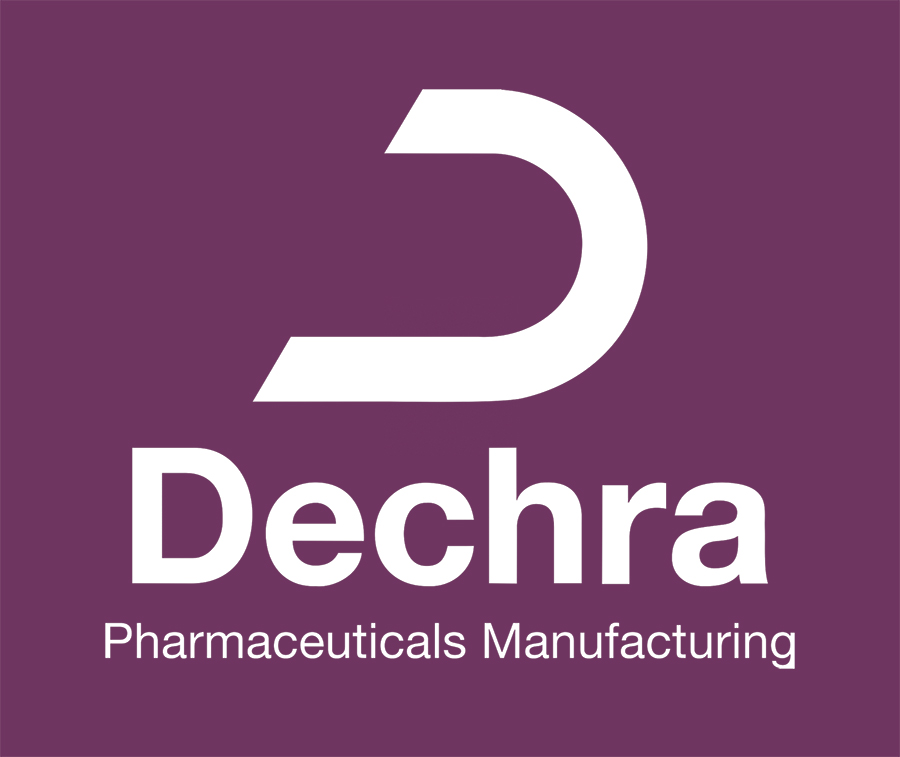Their largest business division is Companion Animal Products (CAP) making up circa 53% of the group revenue. This essentially is made up of drugs for dogs and cats treating a variety of ailments from skin problems to endocrinology.
The next largest is Food Producing Animal Products (FAP) which targets reducing the incidence and spread of disease in livestock, predominantly through antibiotics. They are also dipping their toe into poultry vaccines following a recent acquisition of a company called Genera. It will be a few years before we see the true benefits of this as they build up their suite of vaccines on offer. One of the main structural drivers for this division is simply that the world is consuming more and more meat.
The balance of the group comprises an Equine business focusing on supporting equine veterinary surgeons and Diets. Geographically Dechra’s largest market is the UK, followed by Germany and then North America, the latter being an area they are concentrating on expanding into given the size and growth characteristics of the available animal health market.
There are much larger players in the veterinary pharmaceutical industry with the top five sharing 75% of the market but Dechra does a good job of avoiding direct competition and finds its niche in products used to treat specialist conditions for which there are no other effective solutions, or where they have some sort of competitive advantage. They do this by re-engineering molecules designed for humans and adapting them for certain species of animals which greatly reduces the pipeline risk, not least because these drugs have been deemed fit for human consumption before pets.
![]()
Zoetis, the largest of the competitors, invests in more widespread, common medicines such as those aimed at the flea market but I don’t envisage them expanding and mopping up Dechra’s markets for two reasons; firstly, the intellectual property barriers to entry are high and secondly, and perhaps more importantly, is that a blockbuster drug in animal health generates c. $5m-$10m in sales, as opposed to $5bn in human pharma. Therefore, it is not worth chasing after a competitor’s specialist drug as it would be expensive in terms of research and development and sales and marketing.
This leads neatly on to the importance of having a sales team on the ground with strong relationships with vets. Dechra have this infrastructure in both their main markets, Europe and North America, and are looking to replicate this elsewhere, as evidenced by a recent acquisition of just that in New Zealand and Australia.
The sales tactic, across all divisions, is based around education of the vets. They hold multiple events across varying formats which teach groups of practitioners about the benefits of a certain dietary regime,or a drug which treats Crohn’s disease in dogs, for example. It is through this medium that Dechra not only earns the trust of the veterinary community, but can emphasise the various benefits of using their products.
Animal health spend is growing at an annual growth rate of 7% globally and is showing no signs of abating
Animal health spend is growing at an annual growth rate of 7% globally and is showing no signs of abating, meanwhile Dechra have been growing well ahead of this thanks to a combination of M&A activity, organic growth and geographic expansion.
The company has acquired four businesses of note throughout this financial year, but one stands out in particular; that of Putney. This is a US generic drugs business which had been a target for a while. It is particularly difficult to get a drug registered in the US, but Putney seem to have a winning process formula as they are responsible for 43% of all drug registrations in the US since 2012.
Where this tie-up works is that Dechra can now leverage their existing sales teams and the all-important relationships with vets and sell Putney’s portfolio of generics alongside the Dechra branded drugs without cannibalising their existing revenue or massively increasing overheads.
One of the key risks associated with the market is that a truly global, generic distributor establishes itself. However, I believe this would be extremely difficult and expensive as it would likely involve plenty of consolidation and Dechra would be a prime target.
The company boasts a strong balance sheet, cash conversion and healthy gross margins, north of 45% and it is hoped that the management team can continue to position Dechra to take advantage of a growing animal health market.




